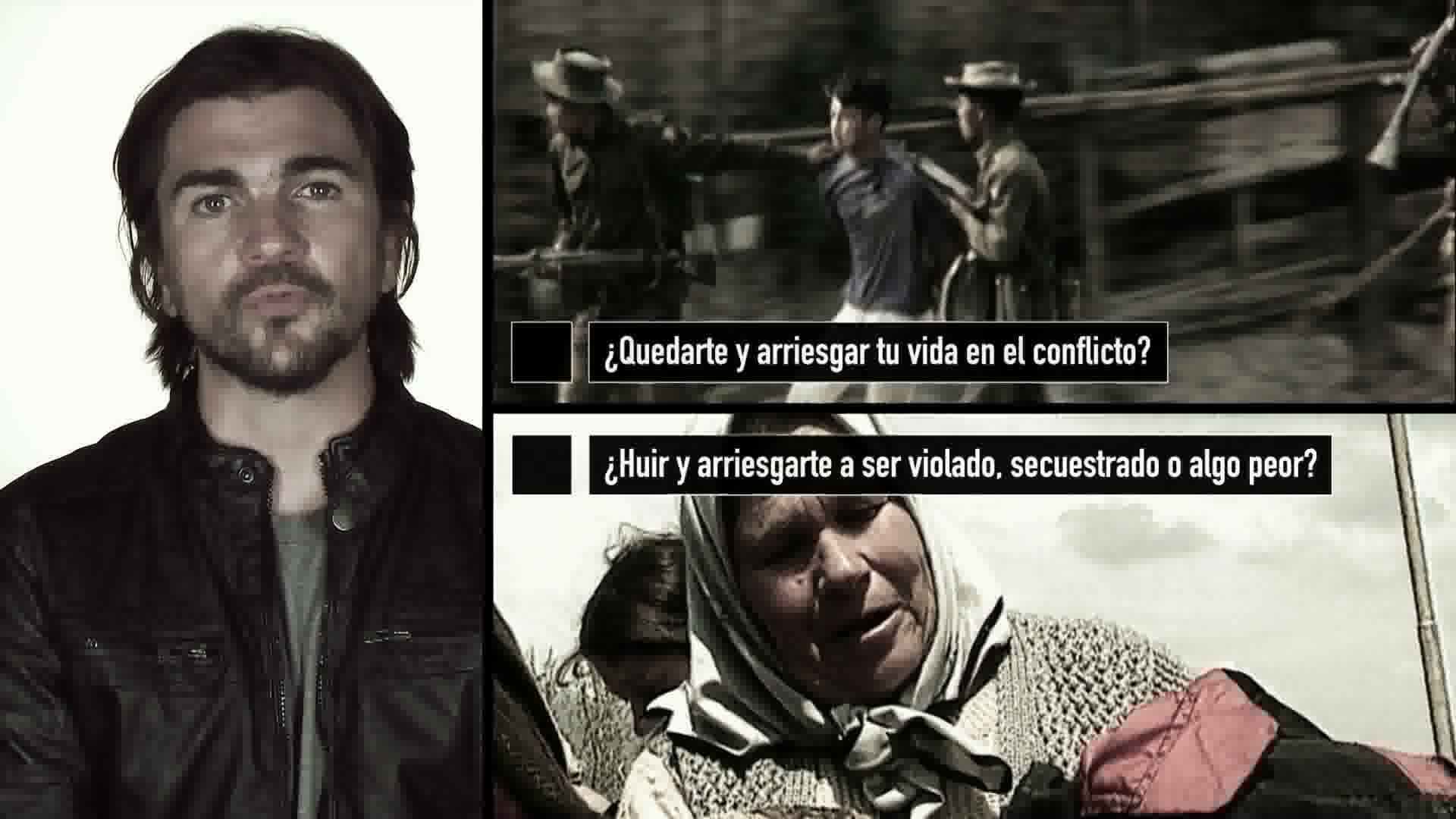- Text size
 |
|  |
|  |
| 
- Français
UNHCR calls for comprehensive response to the Calais situation
Briefing Notes, 7 August 2015
This is a summary of what was said by UNHCR spokesperson Melissa Fleming – to whom quoted text may be attributed – at the press briefing, on 7 August 2015, at the Palais des Nations in Geneva.
The situation in Calais is neither new nor unmanageable. There are an estimated 3,000 refugees and migrants in Calais and in the northern coast of France today – virtually the same number as last November. However, the rising death toll among refugees and migrants, at least 10 since the beginning of June, attempting to cross the Channel from the French port city of Calais to the United Kingdom is a worrying development.
UNHCR is reiterating its call made since the summer 2014 for a comprehensive response – first and foremost by the French authorities – to the worsening reception conditions for refugees and migrants in Calais. Security measures alone, though understandable, are unlikely to be effective by themselves.
Many of these people are in need of international protection – they are refugees who have fled conflict, violence and persecution in Afghanistan, Eritrea, Somalia, Sudan and Syria.
UNHCR remains concerned at the dire living and reception conditions in the makeshift sites around Calais. We encourage the French authorities to gradually relocate people from the current informal settlements and provide them, as is the case in most European countries, adequate reception conditions in the Nord-Pas-de-Calais region as well as in other locations. It is also essential to address the current significant delays for those who want to apply for asylum in France. Women and children who now represent notable group in Calais are particularly vulnerable to exploitation and trafficking and require special attention by the French authorities.
An exceptional response is urgently needed. We also call on the United Kingdom and other EU member states to work in a collaborative manner with the competent French authorities in finding solutions for those in need of international protection – namely in cases where there are existing family or other links in another EU Member State in accordance with the existing European legislation.
The situation in Calais is a reflection of broader refugee and migration movements in Europe which, in turn, is dwarfed by the massive refugee displacement in the Middle East and Africa. The four countries neighbouring Syria today host more than four million Syrian refugees. One in three of the around 224,500 people arriving to Europe this year are Syrian refugees – families fleeing one of the deadliest conflicts in recent history.
The situation in Calais calls attention to the need for greater responsibility and coordination and robust implementation of the Common European Asylum System. It is key that EU member states address current gaps in asylum and reception, and increase solidarity measures such as relocation and other legal avenues for people to reach safety. A genuinely collective and far-reaching European response is required, based on the principles of humanity, access to protection, solidarity and responsibility-sharing, both within the EU but also with countries outside the EU.
Not all the people gathering in Calais may be refugees. Solutions for these other groups may include humane and dignified return to their countries of origin or other countries where they have lived before, in cooperation with the countries of origin and in accordance with international human rights standards.
UNHCR is ready to further assist France, the United Kingdom and other EU Member States, in finding practical and comprehensive solutions.
For more information on this topic, please contact:
- In Calais, Céline Schmitt at +33 6 23 16 11 78
- In Geneva, William Spindler at +41 79 217 3011




















































